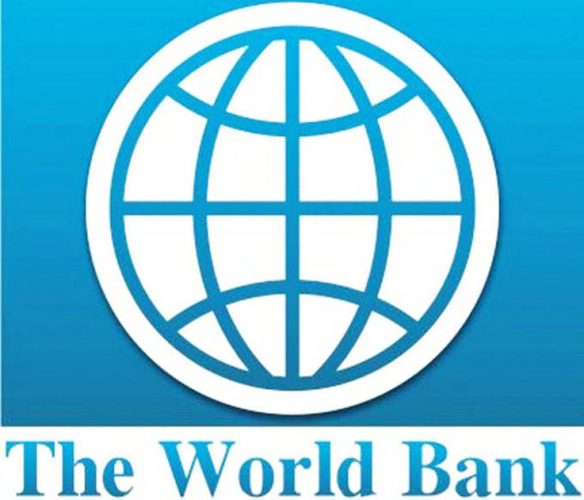The World Bank Group has sent a recent signal, directly targeting Brazil as it seeks to raise awareness of what it says is the “tipping point” that the Amazon rainforest is approaching, a circumstance which the Bank says points to drastic consequences for the country’s people in areas such as agriculture, urban water supply, flood mitigation, and hydropower, which it says can still be averted through the application of a development plan that better coordinates the needs of agriculture with preserving the forest.
 In a recently released Report, the Bank insists that energy rich but environmentally threatened Brazil can not only avert a domestic environmental tragedy but can also become a global clean energy powerhouse whilst making a unique contribution to pushing back the despoiling of the Amazon. Asserting that the South American powerhouse can be “both richer and greener,” the Report outlines actions that Brazil can take to realize both climate action and growth, simultaneously. The World Bank Country Climate and Development Report for Brazil asserts that the country can secure these goals by adapting a development plan that grows more food on less land that better protects the forests. It adds that the country can, simultaneously, grow its economy and fight climate change by making modest investments in agriculture and deforestation as well as the environment sector.
In a recently released Report, the Bank insists that energy rich but environmentally threatened Brazil can not only avert a domestic environmental tragedy but can also become a global clean energy powerhouse whilst making a unique contribution to pushing back the despoiling of the Amazon. Asserting that the South American powerhouse can be “both richer and greener,” the Report outlines actions that Brazil can take to realize both climate action and growth, simultaneously. The World Bank Country Climate and Development Report for Brazil asserts that the country can secure these goals by adapting a development plan that grows more food on less land that better protects the forests. It adds that the country can, simultaneously, grow its economy and fight climate change by making modest investments in agriculture and deforestation as well as the environment sector.
The role of the Amazon Rainforest in the continually intensifying global debate on the environment is recognized and respected, globally, principally for the role it continues to play in producing enormous amounts of oxygen, storing carbon and, in effect, reducing the impacts of climate change, providing what scientists describe as “ecosystem cycling services” as well as serving as a “carbon sink” that removes carbon dioxide from the air and stores it in its soil. With approximately 60% of the Amazon lying inside Brazil, the South American country is deemed to have a special responsibility for a portion of the earth, the significance of which extends way beyond its physical size. The significance has increased over the years in the light of the growing significance of climate change as a global concern.
In its most recent report the World Bank emphatically states that “”climate shocks could push between 800,000 and 3,000,000 Brazilians into extreme poverty as soon as 2030”, adding that if the country is to avoid this, it must move to “accelerate investments towards a resilient and low carbon growth pathway.” To get there, the Bank says, Brazil must move to ““take full advantage of its potential” by investing “0.8 percent of its annual GDP each year between now and 2030”. Contextually, the Bank notes in its report that with almost half of the country’s energy supply, including more than 80% of its electricity already deriving from renewables, compared with world averages of between 15 and 27%, Brazil is “already in a strong position to source more renewable energy.”
Meanwhile, the World Bank’s International Finance Corporation’s Country Manager, Carlos Leiria Pinto, asserts that the responsibility for responding to the environmental challenge which the Amazon represents should be a shared one, involving both the public and private sectors. Pinto is quoted as saying that the country’s private sector “can and should play a central role in the transition of the Brazilian economy towards a more resilient and decarbonized economy”, reportedly adding that the engagement from the private sector will be crucial to, among other aspects, finance the majority of capital investments needs for climate action and helping leverage climate finance and public spending. For this to happen, the World Bank official says, “we need an enabling business environment and public support to attract private investors and accelerate innovation.”








